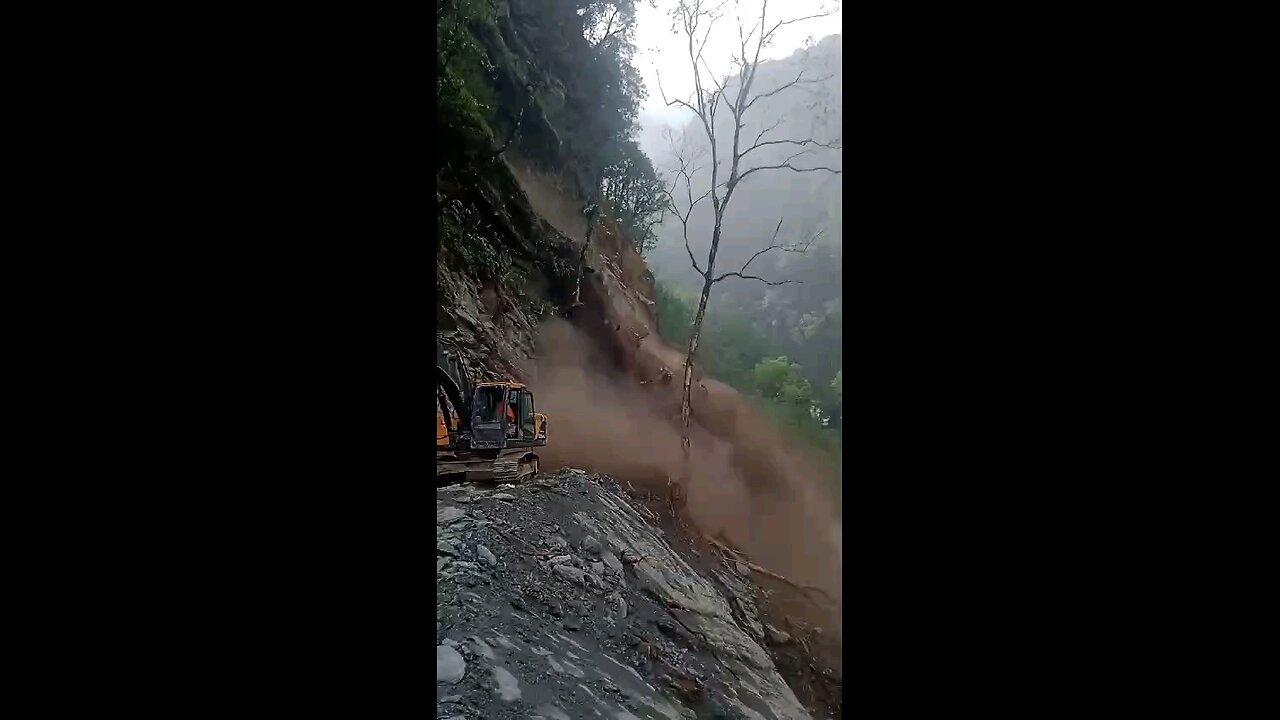Premium Only Content

landslide
A landslide refers to the downward movement of a mass of rock, debris, or earth along a slope. It can occur suddenly or gradually and is typically triggered by factors such as heavy rainfall, earthquakes, volcanic eruptions, or human activities like deforestation and construction.
Landslides vary in size and speed, ranging from slow creeping movements over years to rapid avalanches that can occur within seconds. They pose significant hazards to human life, infrastructure, and the environment, often causing destruction to roads, buildings, and agricultural land in their path.
Preventive measures include land-use planning, engineering solutions like retaining walls and slope stabilization, early warning systems, and public education to mitigate the impact of landslides. Understanding the geological and environmental factors contributing to landslides is crucial in minimizing their occurrence and managing their consequences effectively.
-
 LIVE
LIVE
LFA TV
20 hours agoALL DAY LIVE STREAM - FRIDAY 5/2/25
931 watching -
 LIVE
LIVE
Dr Disrespect
7 hours ago🔴LIVE - DR DISRESPECT - ARC RAIDERS - THE WAIT IS OVER
2,213 watching -
 LIVE
LIVE
StoneMountain64
5 hours agoNEW Easter Eggs, Sniper NOT Nerfed, FAST Friday
133 watching -
 LIVE
LIVE
Keepslidin
1 hour ago$8000 START | ROAD TO 100K | Mother.land
65 watching -
 25:27
25:27
The Rad Factory
3 hours agoMy TWIN TURBO Crotch Rocket Finally RIPS!
3.54K3 -
 LIVE
LIVE
RaikenNight
1 hour agoTesting the new Rumble Studio RTMP Passthrough with Oblivion, Cyberpunk, and more
27 watching -
 1:01:23
1:01:23
RiftTV/Slightly Offensive
3 hours agoWhite Mom DOXXED, Was She RIGHT? MS-13 Member EXPOSED | The Rift Report
32.2K17 -
 1:21:19
1:21:19
Twins Pod
16 hours agoJordan Peterson Meltdown, Epstein Victim Mystery & BLACK Pope?! | Twins Pod | Episode 63
40.2K27 -
 25:09
25:09
Scary Mysteries
6 hours agoIdaho's UNEXPLAINED Vanishing of Terrence Woods Jr.
13.4K3 -
 2:16:50
2:16:50
The Quartering
5 hours agoAmerica's Black Fatigue
144K67